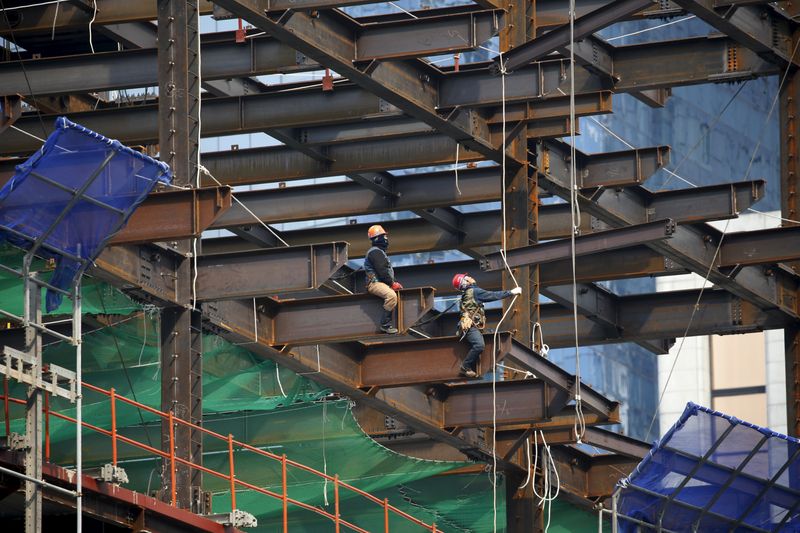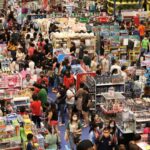SEOUL (Reuters) – South Korea’s factory activity contracted in December, with manufacturers’ sentiment turning pessimistic for the first time since mid-2020 due to uncertainty over U.S. trade policy and domestic politics, a private sector survey showed on Thursday.
The purchasing managers index (PMI) for manufacturers in Asia’s fourth-largest economy, compiled by S&P Global, fell to 49.0 last month from 50.6 in November, slipping below the 50-mark that separates expansion from contraction for the third time since August.
Output shrank for the fourth consecutive month in a row and the decline was steeper than the previous month, while new orders also fell, sub-indexes showed.
The deterioration in demand was linked to weaker client confidence in the domestic market, according to the survey, while export orders grew only marginally.
The gloom was reflected in manufacturers’ sentiment for the year ahead, which fell below the 50-threshold separating optimism and pessimism for the first time since July 2020 and marked the lowest in 4-1/2 years. Excluding the COVID-19 pandemic period, it was the worst since the data series began in April 2012.
Last month, South Korean President Yoon Suk Yeol was impeached after his imposition of a short-lived martial law on Dec. 3, raising political uncertainty and dampening consumer as well as business confidence.
“Downbeat expectations often stemmed from concerns surrounding domestic economic conditions, as well as potential U.S. protectionist policies,” said Usamah Bhatti, economist at S&P Global Market Intelligence.
U.S. President-elect Donald Trump last year pledged big tariffs on the United States’ three largest trading partners – Canada, Mexico and China – which are also expected to affect South Korean firms running factories in the countries.|
In the latest survey, firms noted that overseas demand weakness in China and the United States was offset improvements in Europe and some of the Asia-Pacific region.
The trade-reliant South Korean economy barely grew in the third quarter amid slowing exports. The country’s export growth is expected to slow to 1.5% in 2025, from 6.3% in 2024, according to the central bank.




